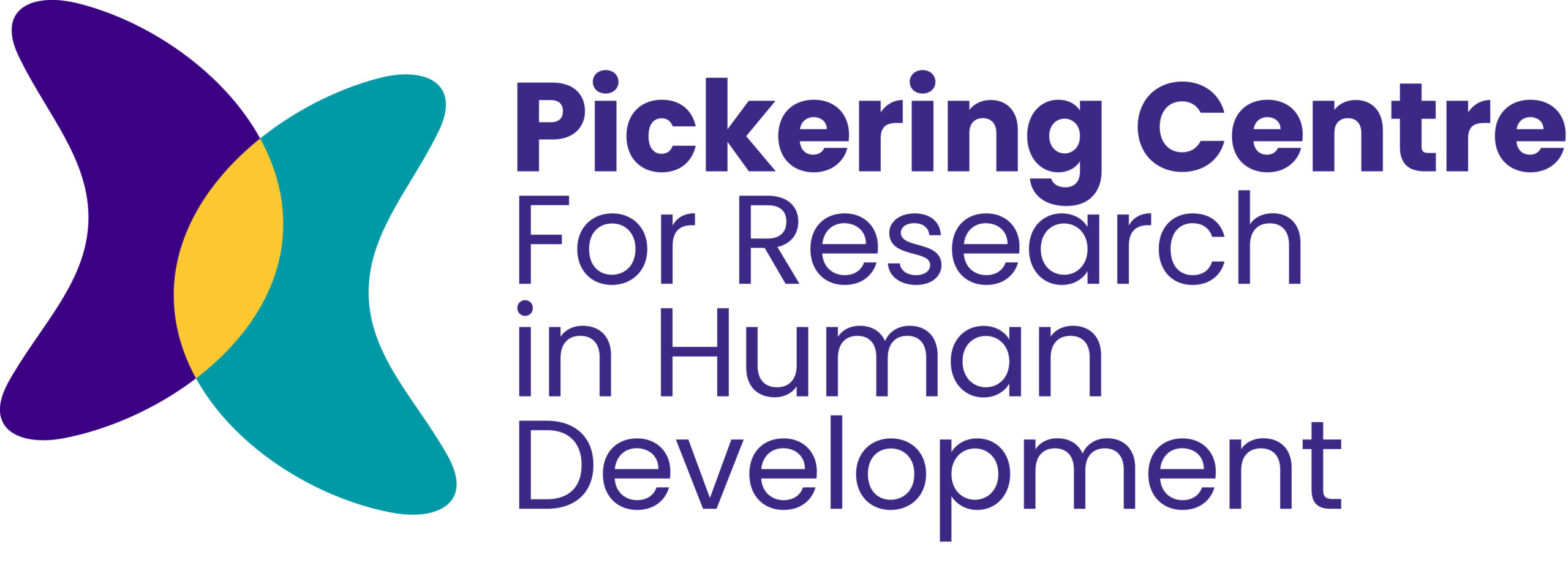Development and Neurodiversity Lab, Uppsala University (Sweden)
We welcome applications for a postdoctoral position in the Development and Neurodiversity Lab at the Department of Psychology, Uppsala University, Sweden. This is a temporary, full-time position for two years, with possible one-year extension. Our research focuses on understanding early development in autism spectrum conditions and ADHD, using various methodologies like behavioral testing, parent interviews, eye tracking, and brain imaging. We also study genetic and environmental influences on brain development and behavior through twin studies. The specific focus of this position can be tailored to the candidate’s expertise and research interests, with preference given to those with a strong background in eye tracking data analysis.
Read more and apply here: Postdoctoral position in developmental cognitive neuroscience – Uppsala University
Closing Date:
Contact:
